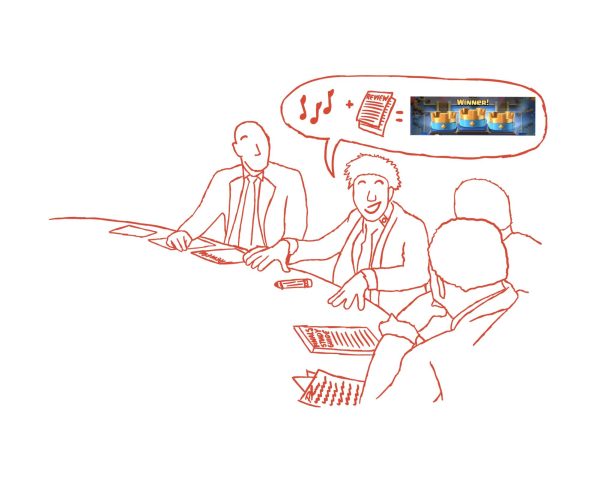Kicking ISIS to the Querbes

Anyone who has not been living under a rock knows that at the end of last month came the inaugural academic symposium sponsored by the Querbes Scholars, which I had the privilege to host. The event met with considerable skepticism and trepidation: the topic of cultural conflict between the West and the Middle East was rather controversial, and many students wondered how teenagers from the northwest suburbs of Chicago could be expected to have any insight about the issue. The symposium did have a few wrinkles, but it accomplished its primary goal, namely, to provide a forum for students to engage one another in a debate about an important world problem. That interaction is essential to training high-schoolers to become good citizens.
The problem with politics is that most people are appallingly bad at it. They form opinions with one-sided information, they refuse to acknowledge weaknesses in their ideas and they act as if those who disagree with them advocated setting fire to nursing homes. That is not discourse; that is rabies. When citizens cannot discuss their political views without having a paroxysm, something is gravely wrong with the country.
Alas, that is the sort of “debate” that appears on news programs—three or four people shouting at each other until the viewer decides to blow up the television and the whole living room for good measure. Politics is not gladiatorial combat. Everyone should come away from a political discussion having learned something from his opponents. The question is not whether one is right always but whether the other fellow might be right sometimes. The intelligent person can concede when someone else has made a good point.
The purpose of the symposium was to foster this sort of elevated discourse. The panelists researched the topic well, and I had prepared numerous questions to guide an intellectual and sincere examination of the issues. While my inexperience as a moderator and the novelty of the event itself prevented us from reaching the desired depths, the general principle was a success. The students must create and engage in these debates because they want to grow into proper citizens; in short, they must take charge of their own education.
These symposia are not cage matches intended solely for entertainment. They needn’t be boring, but they must not become spectacles. They are meant to provoke earnest thought in the entire student body at a time when earnest thought is scarce in this country, and I hope that they become as integral to life at Saint Viator as the Cahill Crazies and the Kairos retreats. Those are lofty goals, and people may laugh at them, but if a reform of political discourse is what the world needs, then it might as well start with 100 people gathered in Querbes Hall.
Your donation will support the student journalists of Saint Viator High School. Your contribution will allow us to purchase equipment and cover our annual website hosting costs.







